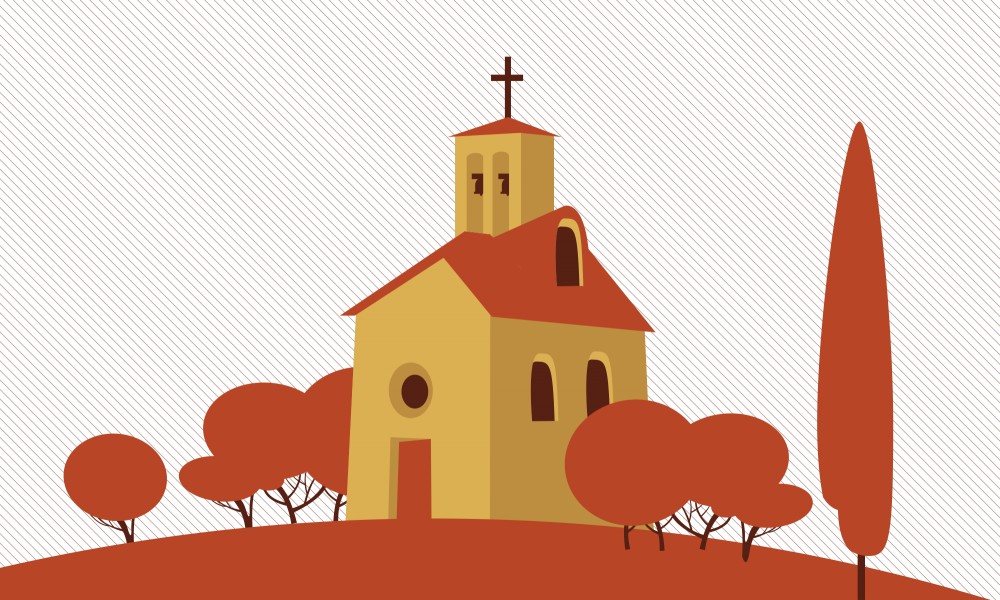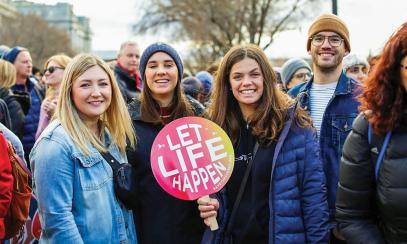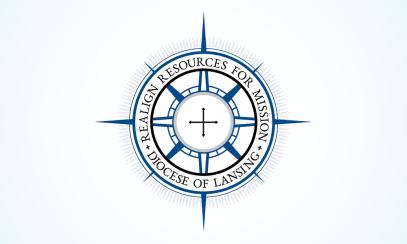
Young People And The Church
DURING OCTOBER, A SYNOD OF BISHOPS dedicated to “Young People, the Faith and Vocational Discernment” will take place in Rome. Regarding the purpose of the synod, Pope Francis wrote this in a Vatican bulletin:
The theme, an expression of the pastoral care of the Church for the young, is consistent with the results of the recent Synod assemblies on the family and with the content of the post-synodal apostolic exhortation Amoris Laetitia. Its aim is to accompany the young on their existential journey to maturity so that, through a process of discernment, they discover their plan for life and realize it with joy, opening up to the encounter with God and with human beings and actively participating in the edification of the Church and of society.
In advance of the gathering, the Vatican asked each diocese around the world to conduct a survey of young people, ages 16-29. What follows are some responses from the young people in the Diocese of Lansing 750+ responses), most of whom are practicing Catholics.
What do the young people really ask of the Church today?
- Top answer: Support, love, guidance, acceptance: 33%
In what manner does the Church listen to the lived situations of young people?
- Many indicated that the Church doesn’t listen to them. Many also said they have been heard by the Church through priests.
What kinds and places of group gatherings of youths, institutionalized or otherwise, have a major success outside the Church? Why?
- Gatherings that are social/communal in nature make for successful events. There was also a theme of informality.
IN ADDITION:
- Many of the youths spoke of feeling isolated and lonely in their culture.
- The youths struggle in not feeling equipped to address issues of the culture today and don’t know how to stand up for Church teachings, especially when it comes to moral issues (if they believe in the teachings at all).
- Many of the youth are looking to the Church not only for direction in faith and relationship with God, but for acceptance, belonging and love from a community of people with similar beliefs.
National statistics on young people and religion
Of young people (15-25) who were raised Catholic but no longer self-identify as such:
Typical age for their decision to leave was made at 13
63 % said they stopped being Catholic between the ages of 10 and 17 (Our Sunday Visitor, CARA, Aug. 27, 2016)
39% of young adults (18-29) are “none” (no religion)
Today’s young adults are 4X MORE LIKELY to be “none” than young adults in the previous generation
79% of former Catholics leave the Church before age 23 (Pew)
50% of millennials raised Catholic no longer identify as Catholic (Public Religion Research Institute, August 2016)
Percentage Of Former Catholics Who Said Reason(S) Below Played A Role In Their Departure:
71% Just gradually drifted away from the religion
65% Stopped believing in the religion’s teachings
(Pew survey – “Faith in Flux,” 2009)



